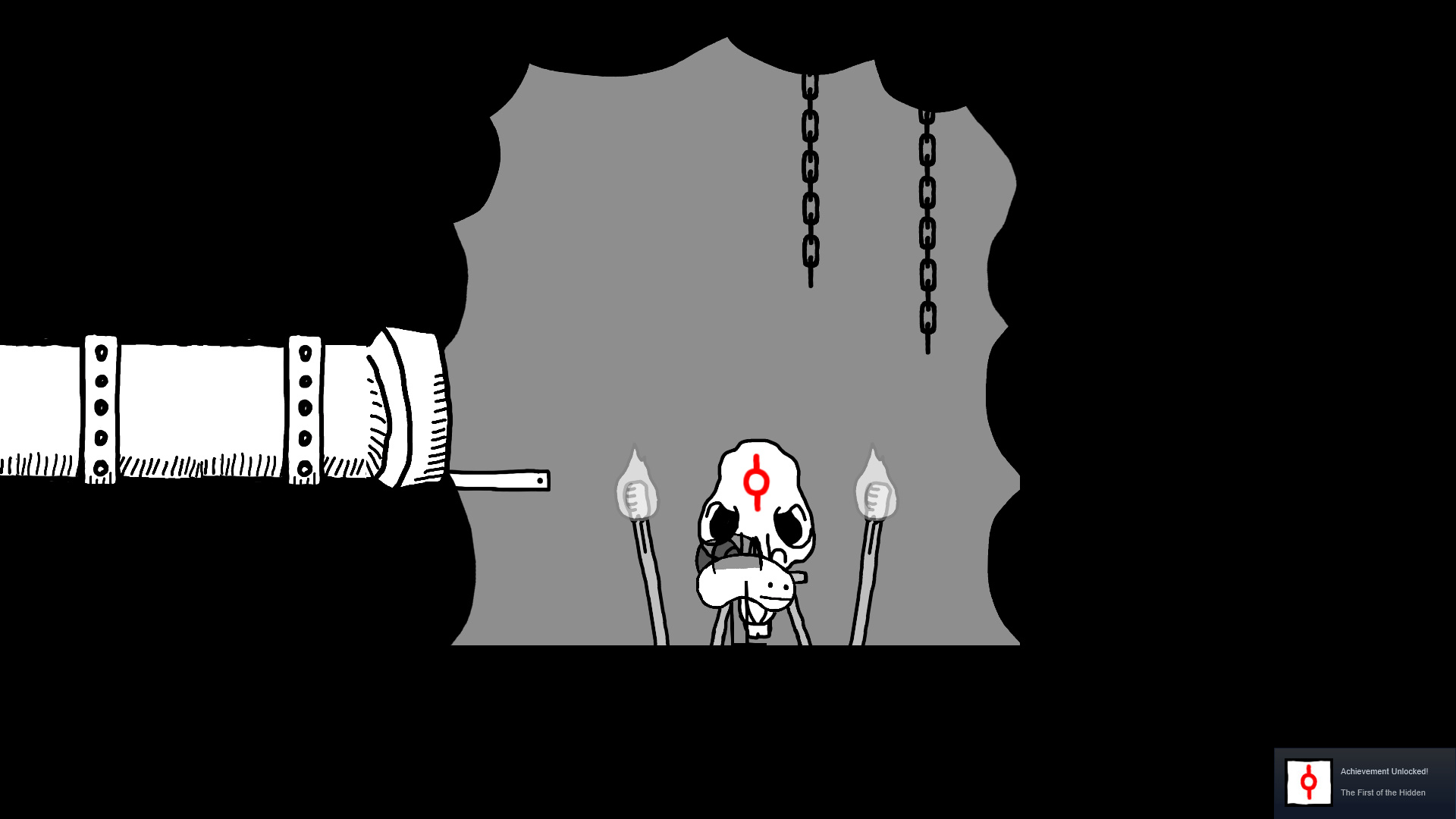
But why are so many people on treatment to lower stomach acid levels? Overprescribing of PPIs (acid blockers) happens about 50% of the time (3).


This backflow of acid is what we refer to as reflux.ĩ0% of people have too little acid in their stomachs. As a result, stomach acid spills up into your throat every time you eat. Undigested food also weakens the valve between your stomach and your esophagus, the esophageal sphincter. If you can’t digest what you eat, you’ll put extra pressure on your abdomen, making the hernia worse. If you don’t have enough stomach acid, you’ll battle to digest food. Stomach acid, digestive enzymes, and beneficial bacteria break food down in your stomach. When this sphincter weakens, stomach acid flows back up into your esophagus. This area is called the lower oesophageal sphincter. Acidic food and drinks weaken the band of muscles separating your esophagus from your stomach. For example, dysbiosis might be the reason why you’re constipated or straining during a bowel movement.Ī flare-up in hernia symptoms is often caused by stress and what we eat. By having too many harmful bacterias in your gut, you’re at risk of suffering from serious gut issues. Coughing or vomiting, constipation causing straining during a bowel movement, heavy lifting, and physical injuries are other causes.ĭysbiosis is a fancy word describing an imbalance in your gut flora.

Reasons for increased pressure include pregnancy, obesity, and having excess fluid in the abdomen. The most common cause of a hiatal hernia is an increase in pressure in the abdomen area. Most digestive problems result from a combination of events that build up over time. That’s if we’re assuming there’s only one cause, to begin with. It’s not always possible to work out the exact cause of a hernia.


 0 kommentar(er)
0 kommentar(er)
